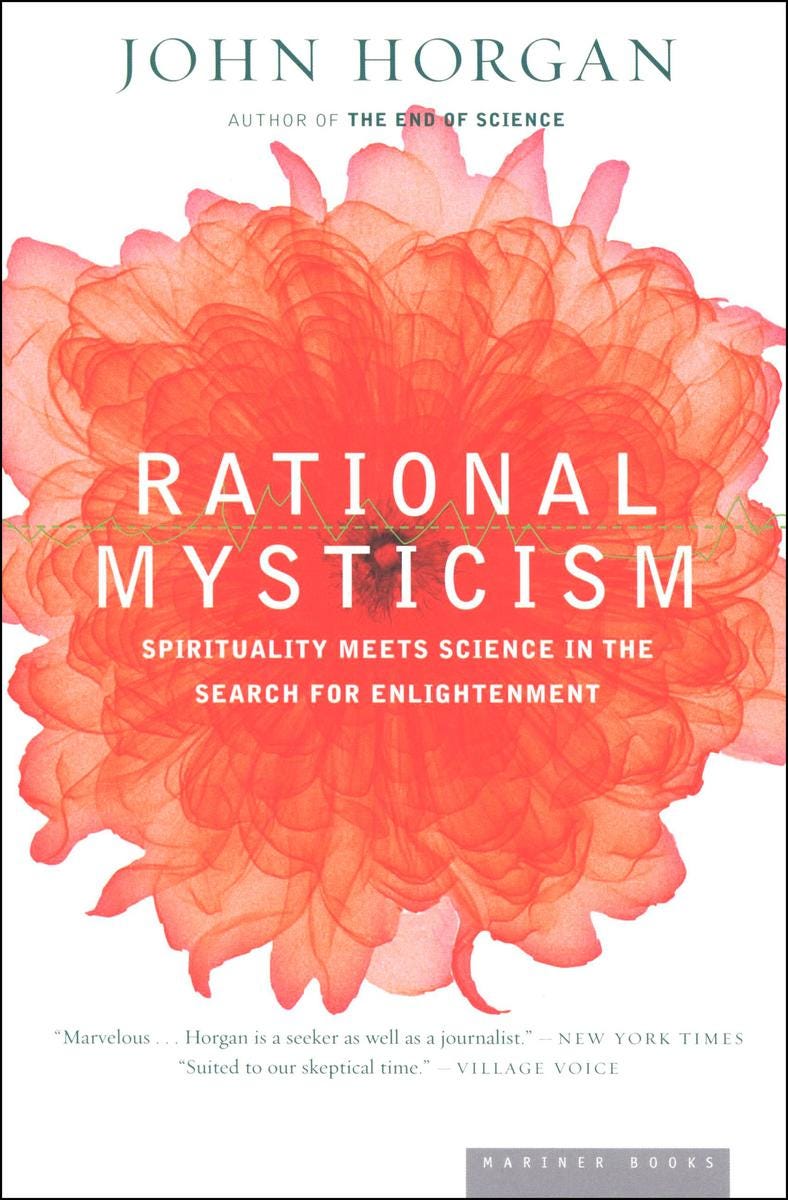- The End Of Science Is Just The Start Of Buddhism 2017
- The End Of Science Is Just The Start Of Buddhism Love
Buddhism was, for centuries, a foreign cult in China. But in the 10th century Chinese Buddhists embraced the way of Zen meditation and wrapped their new messages in well-known Taoist stories. Twisted, turned around or upside down, the stories provided guidance on the way of Chinese Buddhism, the way of Zen meditation. Zen and the Martial Arts. The next reference to Buddhism only comes at the end of the Hellenistic era, around the beginning of the fifth century. St Jerome wrote in his work Contra Jovianus (sa:1.42) that Indians believed in the virgin birth of the Buddha.
The archaeology of ancient China provides insight into historical events dating back four and a half millennia to roughly 2500 BCE. It is customary to refer to events in Chinese history according to the dynasty to which the period's ancient rulers belonged. This isn't just true of ancient history, since the last dynasty, the Qing, ended in the 20th century. Nor is this true just of China. Ancient Egypt is another long-lived society for which we use dynasties (and kingdoms) to date events.
The first Chinese dynasty was the Xia. This was a Bronze Age dynasty that is known mostly from legend. The first three dynasties, the Xia, and the next two, the Shang, and Zhou are sometimes called the 'three holy dynasties'.
Like Egyptian chronology, with its 'kingdoms' interlaced with intermediate periods, dynastic China faced various challenges that led to chaotic, power-shifting periods referred to by terms like 'six dynasties' or 'five dynasties.' These descriptive labels are similar to the more modern Romans' year of the six emperors and year of the five emperors. Thus, for example, the Xia and Shang dynasties may have existed concurrently rather than one after the other.
The Qin Dynasty starts the imperial period, while the Sui Dynasty begins the period referred to as Classical Imperial China.
Xia (Hsia) Dynasty
The Bronze Age Xia dynasty is thought to have lasted from approximately 2070 to 1600 BCE. It is the first dynasty, known through legends as there are no written records from that era. Much of what is known from that time comes from ancient writings including the Records of the Grand Historian and the Bamboo Annals. As these were written thousands of years after the Xia dynasty fell, most historians assumed the Xia dynasty was a myth. Then, in 1959, archaeological excavations provided evidence of its historical reality.
Shang Dynasty
The Shang dynasty, also called the Yin Dynasty, is thought to have run from 1600-1100 BCE. Tang the Great founded the dynasty, and King Zhou was its final ruler; the entire dynasty including 31 kings. Written records from the Shang dynasty include records kept in Chinese script on animal shells and bones. These 'oracle bones' date from about 1500 BCE.
Chou (Zhou) Dynasty
The Chou or Zhou dynasty ruled China from about 1027 to about 221 B.C. It was the longest dynasty in Chinese history. The Zhou period is sub-divided into:
- Western Zhou 1027-771 B.C.
- Eastern Zhou 770-221 B.C.
- 770-476 B.C. -- Spring and Autumn period
- 475-221 B.C. -- Warring States period
Spring and Autumn and Warring States
/cdn.vox-cdn.com/uploads/chorus_image/image/51940091/Phap_Dung_Portrait____4.0.jpeg)
By the 8th century BCE, centralized leadership in China was fragmenting. Between 722 and 221 BCE, various city-states were at war with the Zhou. Some established themselves as independent entities. It was during this period that Confucianism and Taoism developed.
Qin Dynasty
Serious sam hd the second encounter disable cheats. The Qin or Ch'in (likely origin of 'China') existed during the Warring States Period and came to power as a dynasty (221-206/207 BCE) by unifying China under its first emperor, Shi Huangdi (Shih Huang-ti). The Qin is the start of the imperial period, which ended fairly recently, in 1912.

Han Dynasty
The Han Dynasty was divided into two periods, the earlier, Western Han Dynasty, from 206 BCE - CE 8/9, and the later, Eastern Han Dynasty, from 25-220. It was founded by Liu Bang (Emperor Gao) who moderated the excesses of the Qin. Gao maintained the centralized government and started an enduring bureaucracy based on intellect rather than aristocratic birth.
The End Of Science Is Just The Start Of Buddhism 2017
Six Dynasties
The turbulent 6 dynasties period of ancient China ran from the end of the Han dynasty in CE 220 to the conquest of southern China by the Sui in 589. The 6 dynasties who held power during the three and a half centuries were:
- Wu (222–280)
- Dong (Eastern) Jin (317–420)
- Liu-Song (420–479)
- Nan (Southern) Qi (479–502)
- Nan Liang (502–557)
- Nan Chen (557–589).
Sui Dynasty
The Sui Dynasty was a short-lived dynasty running from A.D. 581 to 618 that had its capital at Daxing, which is now Xi'an.
Tang (T'ang) Dynasty
The Tang Dynasty, following the Sui and preceding the Song Dynasty, was a golden age that lasted from CE 618–907 and is considered the high point in Chinese civilization.
5 Dynasties
The 5 Dynasties that followed the Tang were extremely brief; they included:
- Later Liang Dynasty (907-923)
- Later Tang Dynasty (923-936)
- Later Jin Dynasty (936-947)
- Later Han Dynasty (947-951 or 982)
- Later Zhou Dynasty (951-960)

Song Dynasty etc.
The turmoil of the 5 Dynasties period ended with the Song Dynasty (960-1279). The remaining dynasties of the imperial period which lead to the modern era include:
- Yuan Dynasty 1271–1368
- Ming Dynasty 1368–1644
- Qing Dynasty 1644–1911
I'm a beginner Buddhist and I have a question regarding Buddhist teaching/philosophy. I like the ethics and meditations but don't want to simply believe in a philosophy that seems logically confusing.
The End Of Science Is Just The Start Of Buddhism Love
If I understand it correctly, Buddhism claims to be a religion of experience that is amenable to advances in science and adapts accordingly.
In addition, it is claimed that our deeds in this world have an effect on future reincarnations of ourselves.
So in effect it is claimed that what I do here and now will have a physically observable effect on a person born later in this world. This, if I train my intellect now, the world intelligence average will increase at a later point in time merely by the effect of my soul being incarnated in another being who is more intelligent due to le having practiced my intellect.
I'm a physicist and this whole idea seems very confusing to me. How the heck can you bring these causes and effect in relation with the known physical and biological laws? I won't change someone else's genes by having practiced my mind.
Something else that bothers me is he conservation of souls. We have a growing population. Nowadays there are 100 tiles more people on earth then 3k years ago. So the rest time between incarnations must have changed like crazy. Or where are all the new souls coming from?
Edit: My ideas derive from the first Buddhist book I stumbled upon: 'The Way Things Are' by Ole Nydahl, p.40 under The Three Ways/The Great Way/Wisdom:
Worldly wisdom is taught in schools and universities. It enables people to earn more money in a shorter time, to do exciting jobs, to meet more interesting people, and to die with more debt than those who are less educated. this wisdom is limited to what is impermanent and its advantages are lost at death. Even during life, the knowledge gained on the worldly level of concepts does not bring true happiness, and hard won riches are worthwhile only for small amounts of time or as means for doing something really meaningful. 'The last shirt has no pockets,' as a Danish proverb goes. However, training one's mind is of the utmost use also for future lives. At the time of conception, one's consciousness will then be naturally drawn to gifted parents and, with their genetic heritage and a good upbringing, one stands a good chance for a full and rich life, maybe even for the benefit of many.